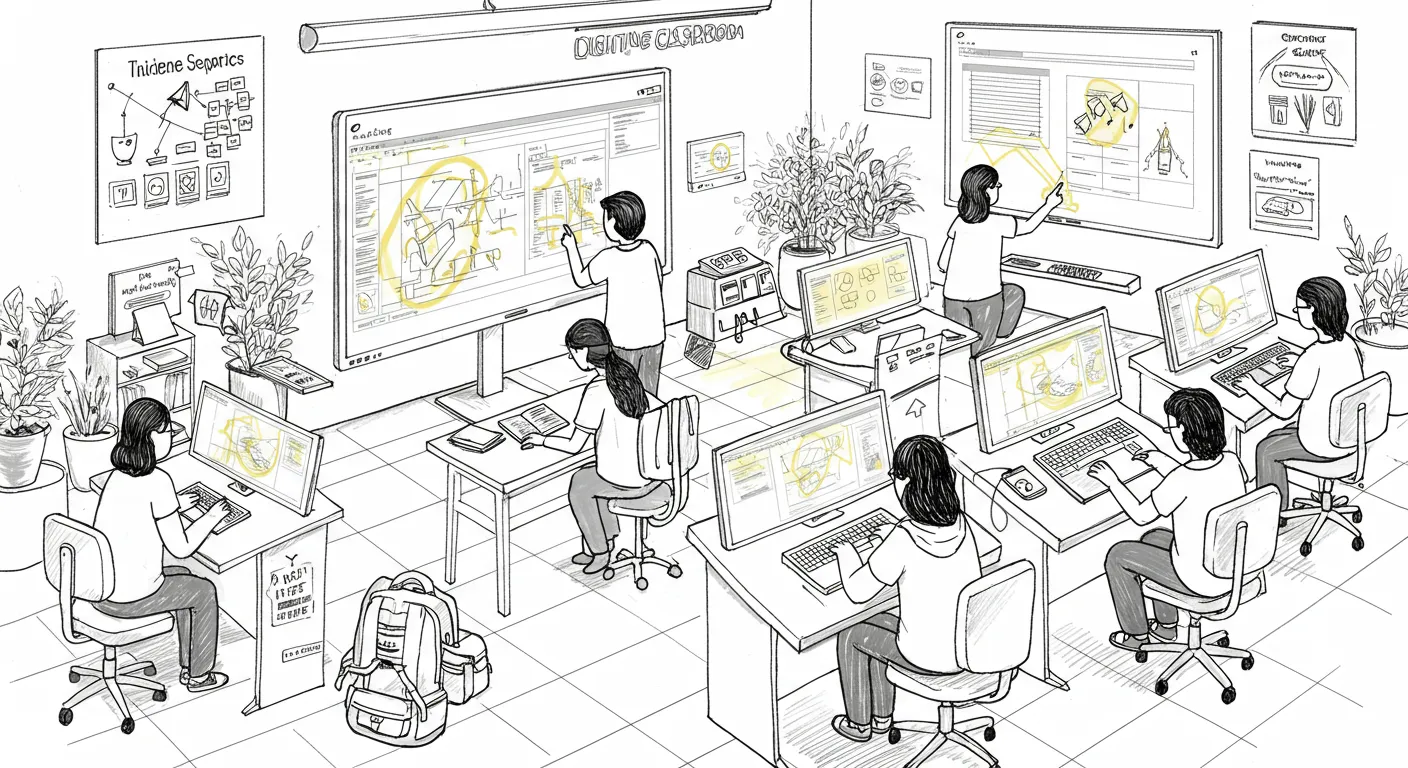The emergence of AI tools like ChatGPT has thrown higher education into a state of existential crisis. Professors are scrambling to redesign assignments, students are leveraging AI to complete work, and the fundamental purpose of education is being questioned. At the heart of this disruption is a battle between technological convenience and the core value of learning: the struggle to understand and grow.
Online commentators are deeply divided. Some view AI as a revolutionary learning tool that can provide personalized, infinitely patient tutoring. Others see it as a threat that undermines the fundamental process of learning through effort and struggle. Professors are experimenting with strategies ranging from pen-and-paper exams to complete reimagining of course structures.
The core challenge is not just about preventing cheating, but understanding what education means in an age where information and even complex problem-solving can be instantly generated. Universities must now ask: Are we teaching skills or just certifying completion? The AI revolution is forcing a fundamental rethink of pedagogical approaches.
The debate extends beyond technical solutions, touching on deeper questions about human learning, motivation, and the value of intellectual struggle. As one online commentator put it, the goal is not just to pass an exam, but to truly understand and grow.
The coming years will likely see radical experiments in education, with some institutions embracing AI as a learning tool and others pushing back against its widespread use. The ultimate solution may lie not in resistance, but in redesigning education to leverage AI's potential while preserving the irreplaceable human elements of learning.


